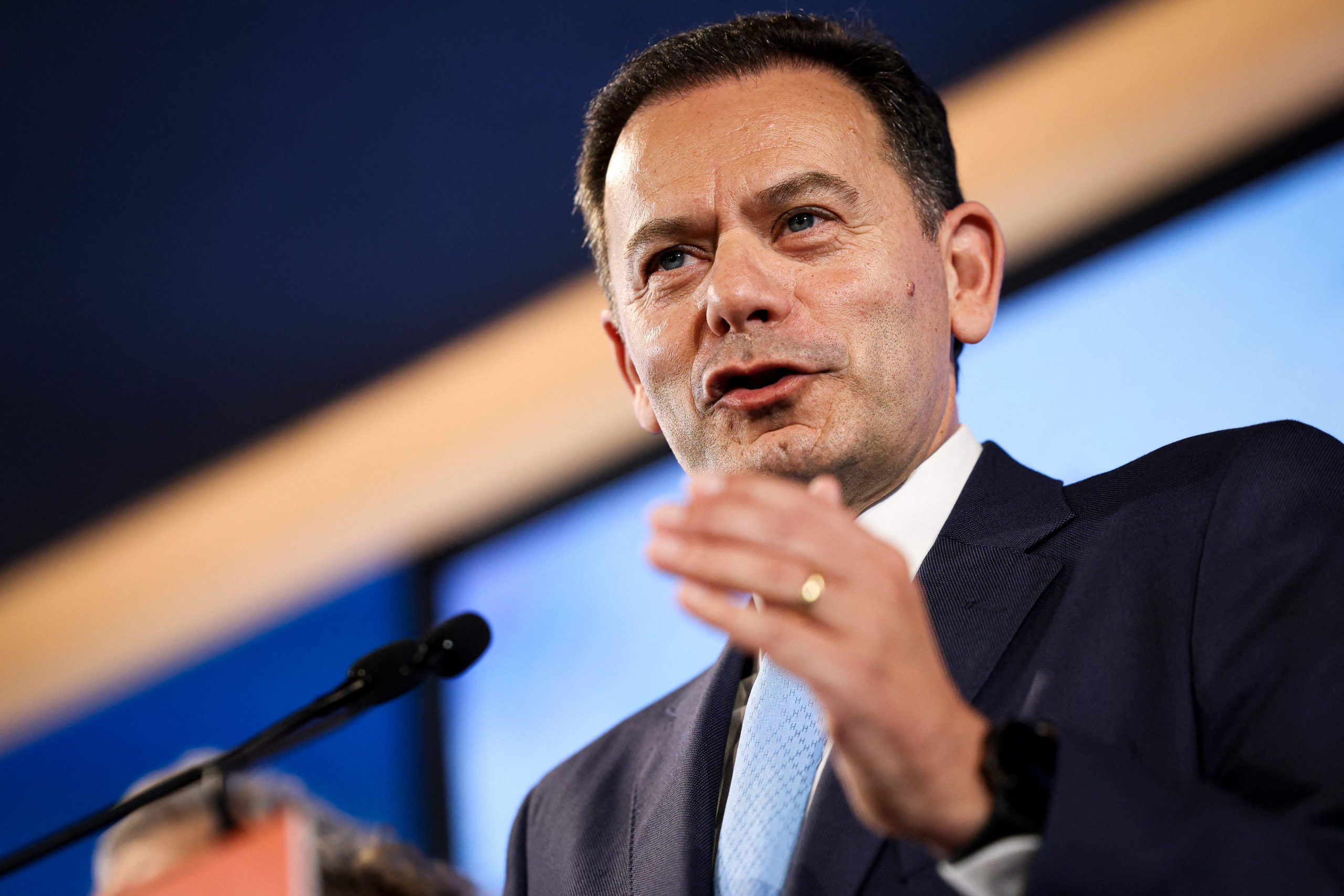The Great Leap

The last decade of the nineteenth century has marked a crucial period for the economic destiny of the United States. Still in an order based on the British Empire, the Americans struggled to reach the level of industrial superpower. Due to the conjuncture, the internal clashes about trade policy were fierce, and there is a name that is unavoidable in this process: William McKinley. A member of the House of Representatives and Governor of the State of Ohio before reaching the presidency in 1897, McKinley published a book entitled “The Tariff in the Days of Henry Clay and Since”, where he appeals to increased tariffs to protect industry and US jobs.
As I wrote on other occasions, the sympathy and admiration that Donald Trump nourishes for President McKinley is notorious. But Trump is ignoring the data. In 1890, according to the article Labor Force and Employment of Stanley Lebergott, published in 1966, 18.8% of the American workforce was dedicated to the manufacturing sector, reaching 23.2% in the 1960s. In February 2025, this number is close to 8%, according to data from the National Association of Manufacturers. The American economy has no great interest in becoming a manufacturing power again; It was the specialization, qualified work and exponential growth of the services sector that has leveraged the American economic development of recent decades.
Nostalgia is very evident in Trump’s positions. However, it is selective, ignoring McKinley’s change of position in relation to trade in the final phase of his passage through the White House. In his latest speech, in 1901, that Pascal Riché published in a chronicle for Le Monde, McKinley stresses that the US should not « rest in fantasy security » that they can « always sell everything and buy little or nothing » and that « commercial wars are not profitable », giving strong arguments to an international order such as the one that was built under the American postii leadership.
Fareed Zakaria said in its CNN program that « while America seems to be copying the worst aspects of recent history in China, China is copying the best in America’s history, » referring to the harsh approach of the Trump administration in the face of universities-tracing a parallel with the cultural revolution of Mao Zedong, eternalized as the great leap in front-and, in a contrast, the Chinese investment, and in contrast to the Chinese investment. in research and development. And this comparison transcends the cultural scope, also applying to the field of commercial policy. While the United States enter one of its most protectionist ages of the last century, China, once closed over itself, is becoming in the greatest commercial superpower. « Of the 10 commercial corridors that register faster, » wrote Ruchir Sharma at Financial Times in February, « five have a terminal in China; Only two have a terminal in the USA ». Clearly, in April 2, 2025, this American removal from free trade is consummated, with the United States, they are at the enormous risk of driving the world away, especially the allies, from their sphere of influence, and this may be reflected in the delivery, with a kissed hand, the leadership of Cold War II to China. For all this, the “Liberation Day” is another great leap behind, to 1890 or 1930, than properly liberating.








/s3/static.nrc.nl/images/gn4/data132453223-d93092.jpg)